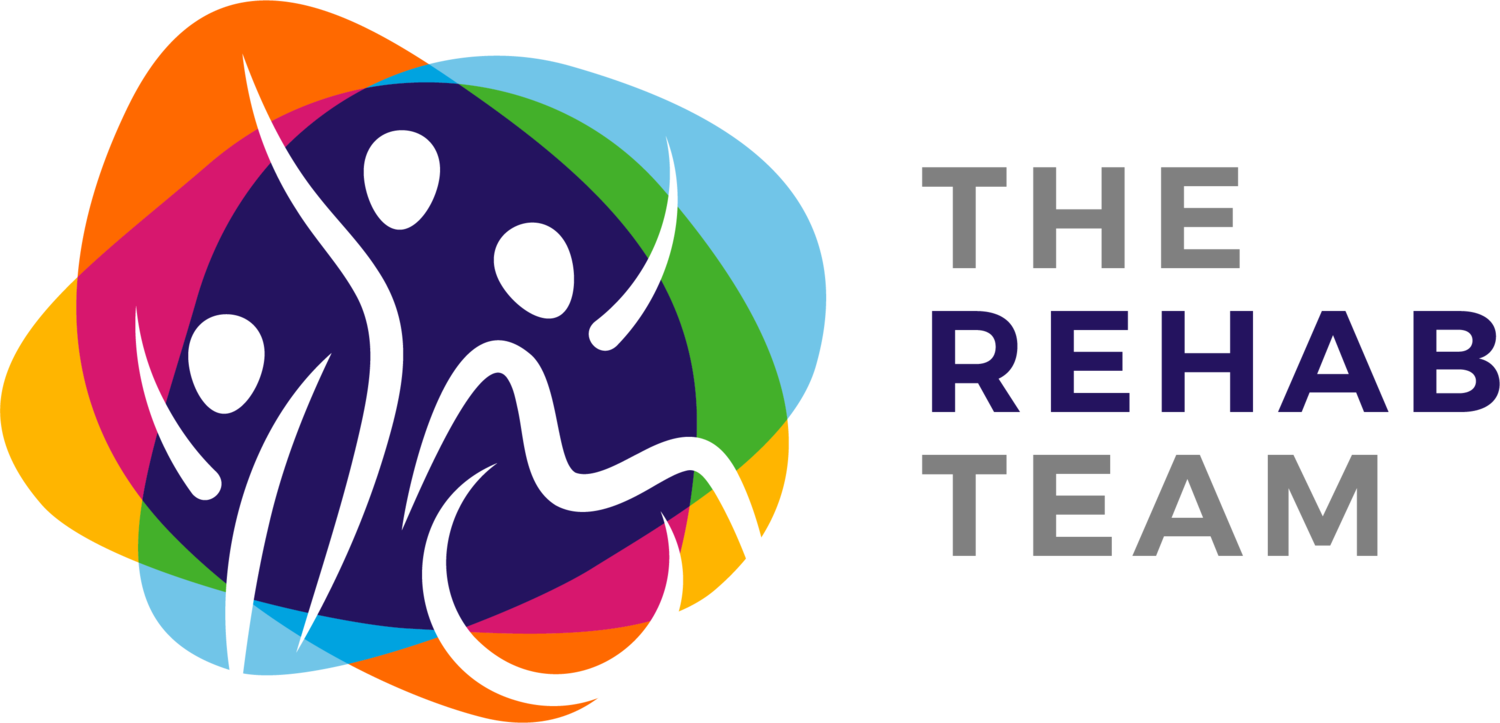Are you at risk of falling?
Early detection of being at risk of falls in the future is the first step in avoiding future injuries, maintaining your mobility and your maximising your independence and the quality of your life.
We know that falling is not a normal part of aging and that many falls people experience are preventable. However, falls are very common in New Zealand with between 30% to 60% of people aged over 65 experiencing a fall each year.
There are several risk factors that help us to predict the risk of future falls. Some of the risk factors are out of our control but many of them can be changed or the risk decreased in order to reduce the chances of falling in the future. Preventing falls involves a team approach with some risk factors best addressed by your General Practitioner (GP) while others can be managed by your physiotherapist.
Factors that increase your risk of falling
Answering the following questions can give you a good idea if you are at risk of falling:
-Are you aged over 65 years old?
-Have you had a fall in the last 12 months?
-Are you taking three or more medications?
-Do you feel unsteady on your feet or have trouble getting out of a chair?
-Do you have trouble walking?
-Do you have Parkinson's, diabetes or arthritis?
-Have you had a stroke or do you have problems with your heart or circulation?
If you answered YES to any of these questions above you may be at risk of having falls in the future. The good news is there are steps you can take to decrease your risk.
- Our local Tauranga- based physio’s are able to help.
Factors that can be modified
Some factors that may not be able to be eliminated completely but can be minimised or modified include chronic disease or health conditions and polypharmacy. Chronic conditions that are effectively managed like diabetes, heart conditions, low vision and hearing loss may reduce one’s fall risk. For adults who take more than three medications, checking with your GP about all the medications is a good way to help mitigate the risk of falls. Doctors may be able to reduce dosage, change the timing and possibly eliminate certain medications. Finally, vision and hearing change as we get older. Things like a regular trip to the optometrist to screen for glaucoma or cataracts, and upgrading your eyeglass prescription are recommended. A hearing screen by a local audiologist is also helpful to address any hearing loss, to help maintain awareness of your surroundings.
Factors that can be minimised or eliminated
Risk factors that can be changed, minimised or removed completely include muscle weakness, poor flexibility, poor balance, decreased endurance and the fear of falling. Physiotherapists like us are perfectly positioned to help you improve strength, flexibility, balance and endurance can improve your mobility and may help decrease your fear of falling and improve your confidence. Your physio can screen for impairments in these areas, issue a prescribed home exercise program and work with you in your own home. Therapists can also instruct in adaptive techniques, home safety and prevention of falls.
Get in touch with us at The Rehab Team to have a physiotherapist see you and determine how we can help. Our knowledgeable physios are mobile and can come and see you in your own home or rest home. We look after people in Tauranga, Papamoa, Mount Maunganui and surrounding areas in the Bay of Plenty.

